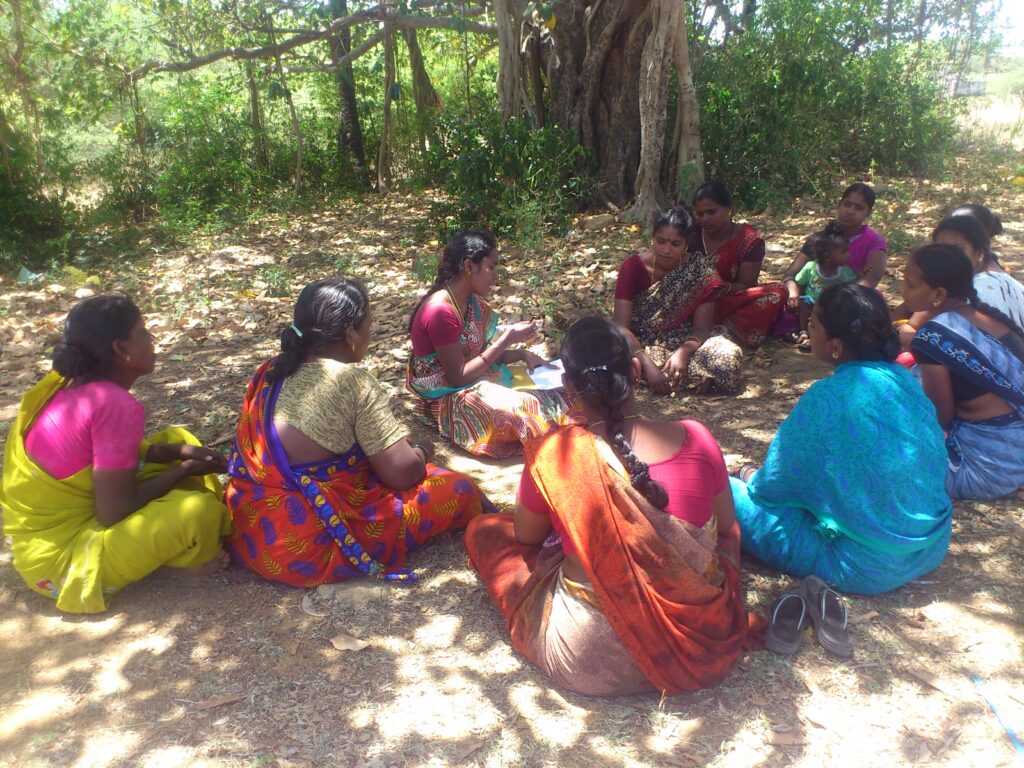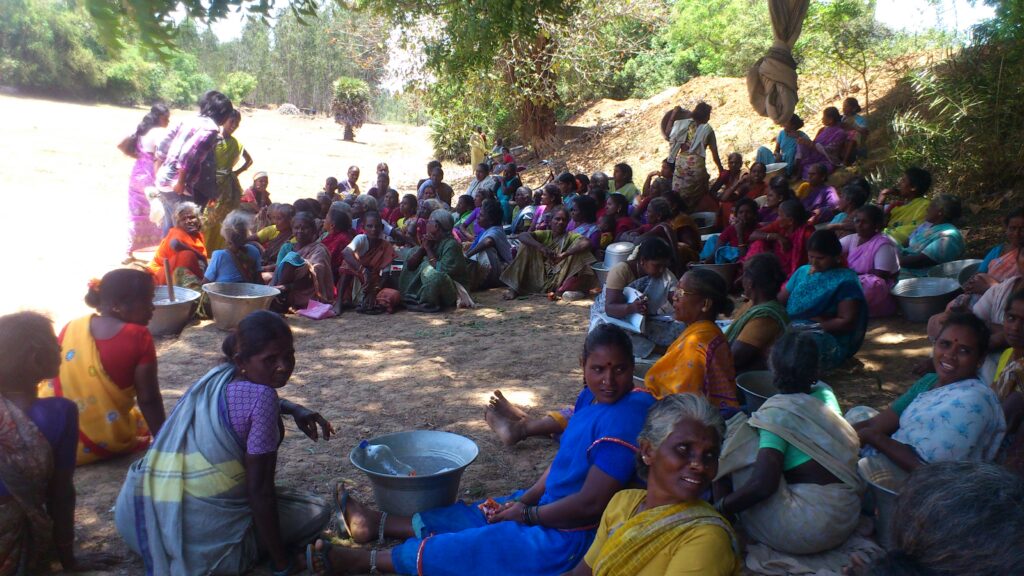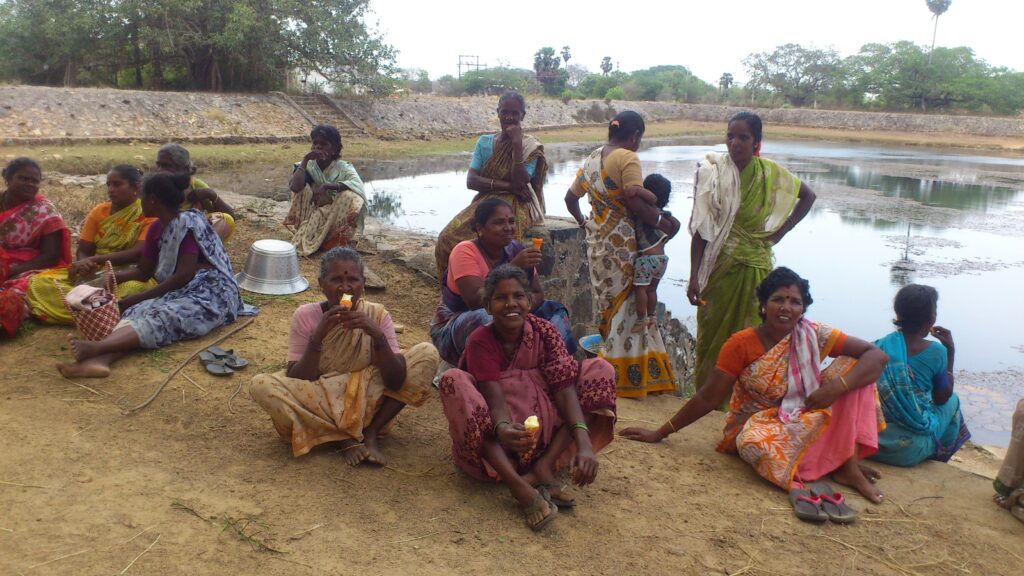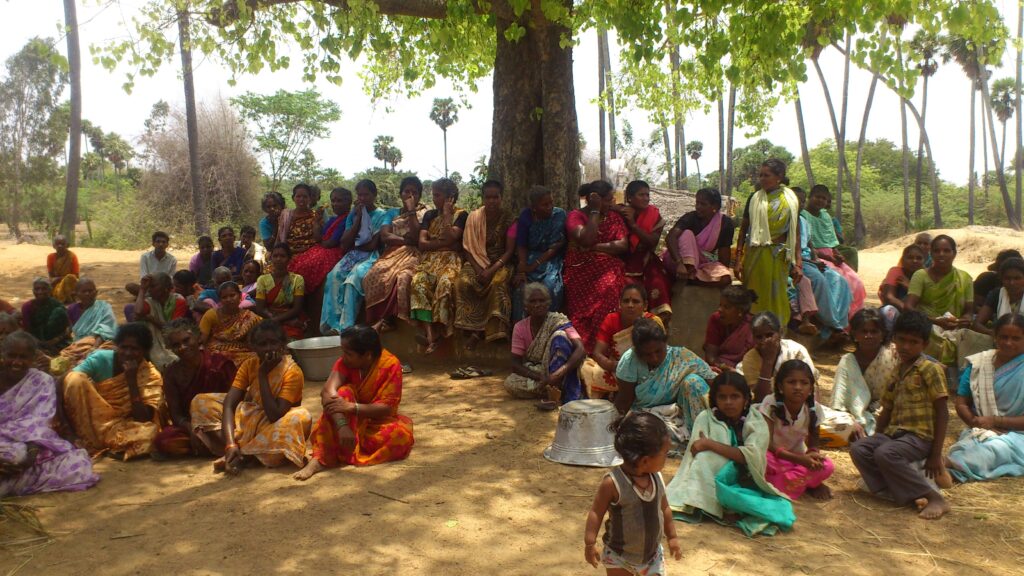Women and Mental Health is an important aspect of overall well-being that affects individuals, families, and communities. However, mental health issues are often overlooked, especially in rural areas. Although mental health problems affect both men and women, women in rural areas face unique challenges due to their geographical and cultural circumstances. Today, we will focus on the mental health issues faced by women in rural areas and the importance of addressing them.
Limited access to resources
One of the major challenges that women in rural areas face is limited access to mental health resources. Rural areas often lack mental healthcare facilities, including psychiatrists, psychologists, and support groups. This limited availability of resources makes it difficult for women to seek help for their mental health issues.

Social isolation and stigma
Rural communities are often characterized by close-knit societies that can be both supportive and isolating for women. The strong sense of community can provide a support system, but it can also create stigma around mental health. Due to the tight-knit nature of rural communities, women may fear judgment or gossip if they open up about their mental health problems, leading to increased social isolation.
Gender roles and expectations
Rural areas tend to hold traditional gender roles and expectations, which can impact women’s mental health. Women often bear the responsibility of caregiving for the family, managing household chores, and working in the fields. This significant workload can add stress and anxiety, leading to poor mental health outcomes.
Domestic violence and abuse
Domestic violence is a widespread issue that affects women globally, and rural areas are no exception. Women in these areas often face higher rates of domestic violence due to limited support services and a lack of awareness. Domestic violence not only has physical and emotional consequences but also greatly impacts mental health, leading to conditions like depression and post-traumatic stress disorder (PTSD).
You can read our another post on A Lotus Blossomed in a Compost Pit

Lack of education and awareness
In many rural areas, there is a lack of education and awareness about mental health. Women may not have access to information regarding mental health issues, symptoms, or available resources for support. This lack of education and awareness can prevent early identification and intervention, exacerbating mental health problems.Women and Mental Health
Addressing the mental health issues faced by women in rural areas is crucial for their overall well-being. Here are some potential solutions Women and Mental Health
Increase access to mental health resources
Governments and organizations should strive to improve access to mental health resources in rural areas. This includes increasing the number of mental healthcare providers, establishing support groups, and organizing awareness campaigns.
Community-based initiatives
Community-based initiatives can play a vital role in destigmatizing mental health and creating a supportive environment. This can involve organizing community gatherings, workshops, and discussions to raise awareness about mental health and encourage open conversations.Women and Mental Health

Training healthcare providers
Healthcare providers in rural areas should receive training on identifying and addressing mental health issues. This will enable them to provide better support and referral services to women who may be struggling with mental health problems.Women and Mental Health
Empowerment and education
Empowering women through education and skill-building can help alleviate some of the stressors they face in rural areas. Providing vocational training and financial support can help women gain economic independence, reducing the burden of traditional gender roles.Women and Mental Health
Technology-based solutions
Advancements in technology, particularly telehealth, can bridge the gap in mental health services for rural women. Telemedicine platforms can provide access to mental healthcare professionals remotely, ensuring women can receive the support they need, even in remote areas.

Write A FAQ For Women and Mental-Health : A Rural Scenario
What are the common mental health issues faced by women in rural areas?
Common mental health issues faced by women in rural areas include depression, anxiety, post-traumatic stress disorder (PTSD), substance abuse, and self-esteem issues.
Why do women in rural areas face unique challenges in accessing mental health care?
Women in rural areas face unique challenges in accessing mental health care due to limited availability of professionals, lack of awareness about mental health issues, social stigma surrounding seeking help, and difficulties in transportation to urban areas where specialized care is available.
Are there specific factors in rural areas that contribute to mental health issues in women?
Yes, there are specific factors in rural areas that contribute to mental health issues in women. These include isolation and loneliness, lack of social support networks, financial constraints, limited access to healthcare, gender inequalities, and the impact of agriculture-related stressors.
What resources are available for women seeking mental health support in rural areas?
While resources may be limited, there are still options available for women seeking mental health support in rural areas. These include community mental health centers, telemedicine services, online counseling, support groups, and mobile mental health units that cater to rural areas.
How can the stigma surrounding mental health be reduced in rural communities?
To reduce the stigma surrounding mental health in rural communities, it is important to raise awareness about mental health issues through education programs, community outreach, and public campaigns. Additionally, providing culturally sensitive and accessible mental health services, promoting open discussions about mental health, and involving community leaders can also help reduce stigma and encourage women to seek help.
Conclusion
In conclusion, women in rural areas face unique challenges concerning mental health due to limited access to resources, social isolation, and stigma. It is essential to address these issues by increasing resources, raising awareness, and providing support to improve the mental well-being of rural women. By prioritizing mental health in rural communities, we can ensure that women have the support and resources necessary to lead healthier and happier lives.
